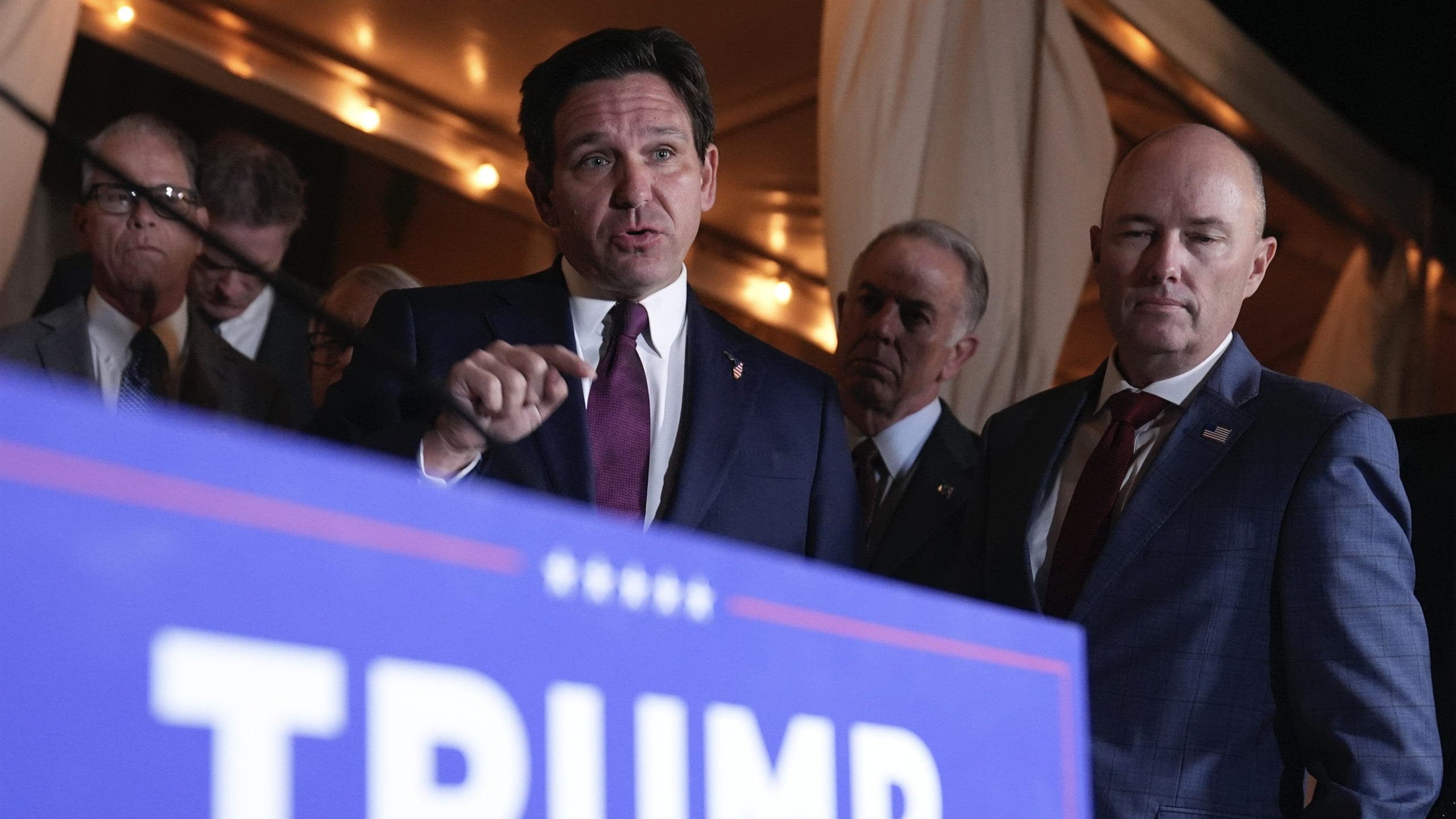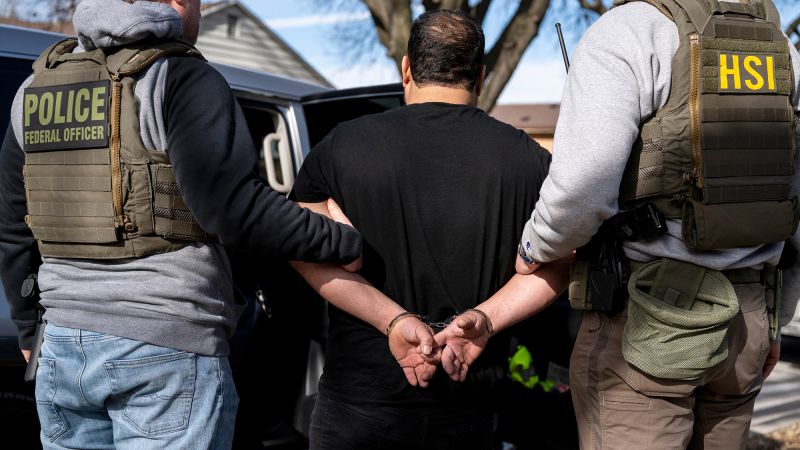It’s been a week since Collingwood president Eddie McGuire said a report outlining systemic behaviour was a “proud day” for the club.
It left most onlookers dumbfounded — not least the man who inspired the report in the first place, former Collingwood player Héritier Lumumba, who was scathing of McGuire’s response.
It unleashed a firestorm of criticism, which soon forced McGuire to apologise for his language.
But according to Toby Hemingway, the spokesman for Collingwood Fans Care — a supporters’ group that’s been lobbying the Collingwood board to address the club’s past — there’s still another apology that’s yet to come.
“There is absolutely no path forward without a wholehearted apology from the board,” Mr Hemingway said.
After all, the players did.
Three days after the report the entire AFL, AFLW and netball playing group published an open letter to past players, the first word of which was: “Sorry.”
It went on: “As athletes we are sorry to anyone who, through their association with our club, has been marginalised, hurt or discriminated against due to their race.”
The club did offer an apology of sorts via a media statement it released after McGuire’s combative press conference earlier in the day.
In part it read: “For our part, we have always sought to do our best but looking back we now know that wasn’t always good enough. For that, we are sorry and pledge to do better.”
It was an apology for not doing their best — a general apology about the club’s actions.
But the apology was not offered to any person or group of people. The players specially addressed this when they wrote of anyone who has been “marginalised, hurt or discriminated against due to their race” in their own statement.
A Collingwood spokesperson said he didn’t see the distinction.
“I think we were apologising at large for not only the failings of the systems but also for anyone who was affected by those failings,” the spokesman said.
But Mr Hemingway does see a difference.
“That’s great and all very well, but they [the players] don’t run the club,” he said.
“It’s obvious from the way a lot of them speak publicly or on their social media generally, that they’re a little more enlightened or ahead of the game than the administrators of the club.
“Apologise for it. Accept their fault.”
In the Weekend Australian, Indigenous Collingwood board member Jodie Sizer did directly apologise to Lumumba, but it appeared to be personal and not on behalf of the club.
“I’m sorry,” she said.
“I have seen the hurt, and when I hear him speak it aches from within for me … and that clashing of responsibility that I have as a director of an organisation to serve in the best interest of all our people and to think the events of the past have had an impact on him.
“I’m sorry to have got to a decade later to hear that pain is still there.”
Pies legally in the clear to make official apology
Last October Lumumba filed a writ in the Victorian Supreme Court outlining allegations that he had “suffered trauma, humiliation, distress and loss of enjoyment” during his time at Collingwood.
“On numerous occasions during his employment, the plaintiff was subjected to racial abuse or racially offensive conduct,” the court documents read.
Eddie McGuire declined to answer specific questions about Lumumba during last week’s press conference, citing potential court action.
But Lumumba tweeted afterwards that the writ did not preclude Collingwood from engaging with his claims.
Loading
Lumumba did not take part in the review, and author Professor Larissa Behrendt specifically stated it was not an investigation into his allegations.
When asked whether the club was concerned about potential legal action arising out of Professor Behrendt’s report, the Collingwood spokesperson said “those considerations had to be worked through”.
So, is Collingwood open to legal action if it issues a general apology as the Collingwood Fans Care supporter group is calling for?
One of Australia’s leading employment lawyers, Emeritus Professor Ron McCallum from the University of Sydney Law School, doesn’t think so.
He says that under the Federal Racial Discrimination Act and Victorian equal opportunity legislation, the onus is on an individual to prove that there were any instances of racism.
“So, a general statement of apology is not an admission of any wrongdoing'” Professor McCallum said.
“It’s not an admission of a liability that they’ve breached a law.”
Prominent Sydney sport lawyer Darren Kane said that: “If they were my client, I’d tell them to take the risk.
“If all you’re doing is giving a general apology on the back of a very general report, I don’t think there’s a problem,” Mr Kane said.





